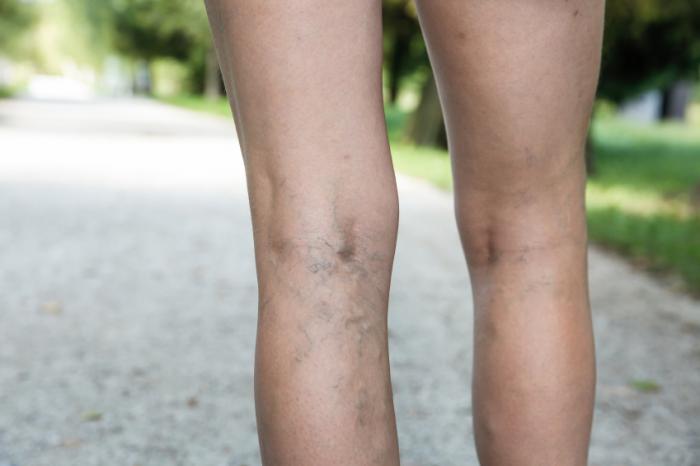5 Prevention Measures Against Varicose Veins

No one is immune to varicose veins, and they can develop for various reasons. Some risk factors include age, weight, family history, pregnancy, hormonal replacement or contraception therapy, standing or sitting for extended periods. Some of the risk factors are unavoidable, such as age, but there are those that you can avoid. If you do not want these unsightly veins forming on your body, you can talk to a Bowling Green Varicose Veins Specialist to discuss how you can prevent and stop the existing ones from getting worse.
It would help to know that there is no way to keep varicose veins entirely out of the picture, but once you have them, you can take measures to prevent them from worsening. Here is what you can do:
- Avoid Sitting or Standing for Long Periods
If you stand or sit for a long time, it is more challenging for the blood to travel in the leg veins against gravity. It leads to increased pressure in your legs, eventually pooling blood around the ankles. Your feet and calves then start to swell and get achy. By moving around, you get to decrease venous pressure and increase blood circulation. If you are stuck at a desk all day or night, consider doing small exercises like peddling your feet, stretching the ankles, and occasionally bending your knees like you are marching. Talk to a specialist about some of the stretches, which will be helpful in your situation.
- Try to Lose Weight If You Are Overweight
Obesity is among the leading risk factors for varicose veins since it makes you place more stress on your legs. By losing weight, you minimize the possibility of developing new varicose veins or worsening the existing ones.
- Consider Loose-fitting Clothes
While it is not clear yet if there is a link between skinny jeans and varicose veins, one thing is for sure, if you wear loose-fitting and comfortable clothing, you enjoy a better broad range of motion and blood flow. These are some of the vital aspects in facilitating better vein health.
- Do Not Wear High Heel Shoes for Long Periods
Yes, high heels are fashionable, and they might play a vital role in your outfit, but that does not mean you keep them on for long. If you wear them for long, they might affect blood circulation, putting you at increased possibility of developing varicose veins. The best solution is to consider flat or low heeled shoes, especially when you know you will stand for long. They offer better circulation since they improve the calf muscle tone.
- Maintain a Healthy Lifestyle
A healthy lifestyle is one of the best ways of preventing more damage to your veins. For instance, maintaining a healthy diet comprised of complex carbohydrates, sufficient protein, and healthy fats is necessary. Ensure to drink enough water for proper hydration while avoiding foods high in salt.
Unfortunately, all of these measures can help you manage your pain and minimize your risk of developing new varicose veins, but they cannot remove existing ones. Consult with a varicose vein specialist to understand what you should do and check if there are treatment options you can take advantage of.








